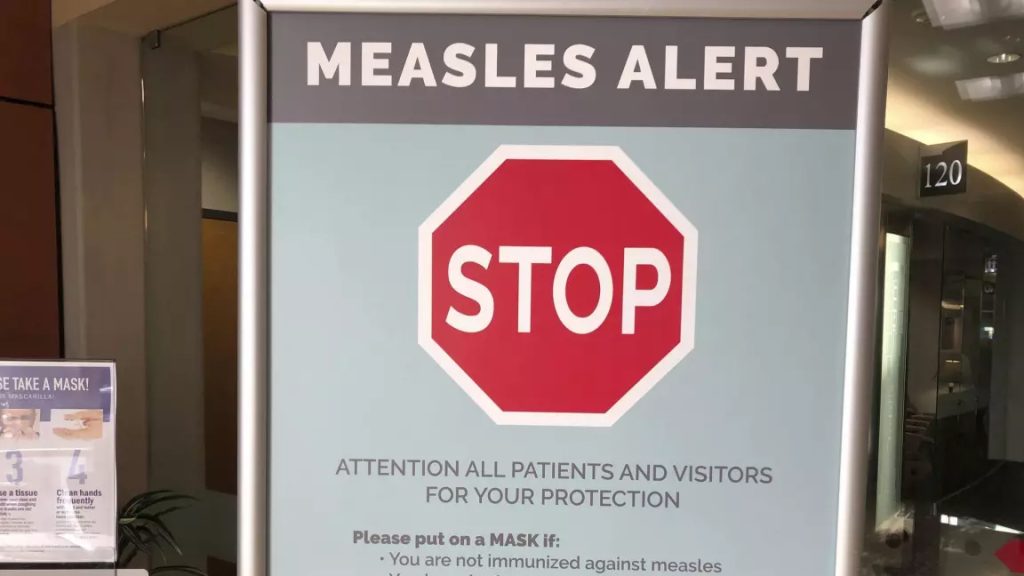Nunavut mom convicted of telling daughter to commit suicide
Posted Feb 22, 2013 12:55 pm.
This article is more than 5 years old.
ARVIAT, Nunavut – A Nunavut judge is asking why a mother convicted of repeatedly telling her daughter to kill herself was allowed continued contact with the girl as well as custody of her own infant son.
“The nature of this offence is simply beyond the comprehension of right-thinking people,” wrote Justice Susan Cooper in her decision, which was released this week. “It is only through luck and the work of medical and mental health professionals that the daughter is alive today.”
But a Nunavut official defended social workers, saying it’s tough to keep people from seeing each other in small, isolated communities with tight kinships.
The 38-year-old mother, known only as L.P., was found guilty Jan. 31 in Arviat, Nunavut, of counselling her 17-year-old daughter to commit suicide.
Cooper’s judgment says the mother repeatedly told her daughter that she did not want her and that the girl should kill herself.
“Her daughter took the comments to heart,” wrote Cooper.
The daughter made several attempts to take her life, including at least two immediately after her mother said she should. At least once, she had to be flown south for medical treatment.
L.P.’s statements came to light after her daughter revealed them to a mental health worker, the judgment reads. L.P. was arrested and the daughter and her one-year-old brother were taken by social workers to a family member.
L.P.’s common-law husband of three years was already in custody at the time of her arrest.
The mother was released until her trial under a court order to have no contact with her daughter.
However, Cooper notes in her judgment that not only did L.P. and her daughter visit daily, but the little boy was returned to her care.
“The court has been advised that the daughter ‘feels safe’ when she has these visits, but this is quite different from the visits being in her best interests,” wrote Cooper. “It would seem that, absent a psychiatric assessment supporting reconciliation, such contact is risky.
“While the boy’s physical health might not be at risk, it is difficult to be as confident with respect to his mental and emotional health.”
The judgment says L.P. suffers from “intellectual limitations” and may have had her own mental health problems.
Cooper directly criticized social services for letting the mother and daughter reunite.
“They should not have turned a blind eye to, let alone facilitated, the breach of a court order.”
That’s not what happened, said Peter Dudding, director of social programs for the Department of Health and Social Services.
“The worker in this situation has done everything in their power to respect and obey the court order,” he said. “In a small town of 2,800 people, the likelihood of people seeing each other is probably pretty good.”
Cooper’s judgment also provides some context to the tragic case, pointing out suicide rates in Nunavut are 10 to 12 times the national average.
Jenny Tierney, director of the Iqaluit-based suicide prevention group Embrace Life, said the case demonstrates the need for a holistic approach to the territory’s considerable mental health challenges. Nunavut’s high suicide rate is accompanied by similarly high rates of child sexual abuse and substance abuse.
“These issues aren’t really being addressed in a co-ordinated manner the way they should be.”
She said groups such as hers —working with Inuit organizations, RCMP and government staff — are making progress. She said suicide is being more openly discussed, people are taking suicide recognition and intervention training, and prevention initiatives are happening in Nunavut’s far-flung communities.
Dudding said suicide prevention is his department’s top priority.
He said there are many more mental health workers based in the territory’s small communities. Those workers and RCMP officers are now able to share information with each other when someone in a community is showing signs of distress.
His department will soon split and one offshoot will be a Department of Family Services with a major focus on parenting education.
“(There is) an enormous need for parenting education, practical family support kind of work, in order to help address and deal with these things in a preventative kind of way rather than reacting to the crises.
“That’s the biggest nut to crack in all of this.”
Still, there’s no quick fix.
“It is going to take a long time,” Tierney said. “We’re not going to see it five years from now, we’re not going to see it 10 years from now. But hopefully, we are going to see gradual changes.”
Cooper sentenced L.P. to five days in jail with two years probation, including counselling and parenting assessment. She is to have no contact with her daughter without the express approval of both her probation officer and social services.
“The circumstances before the court are profoundly sad,” the judge wrote.
— By Bob Weber in Edmonton










